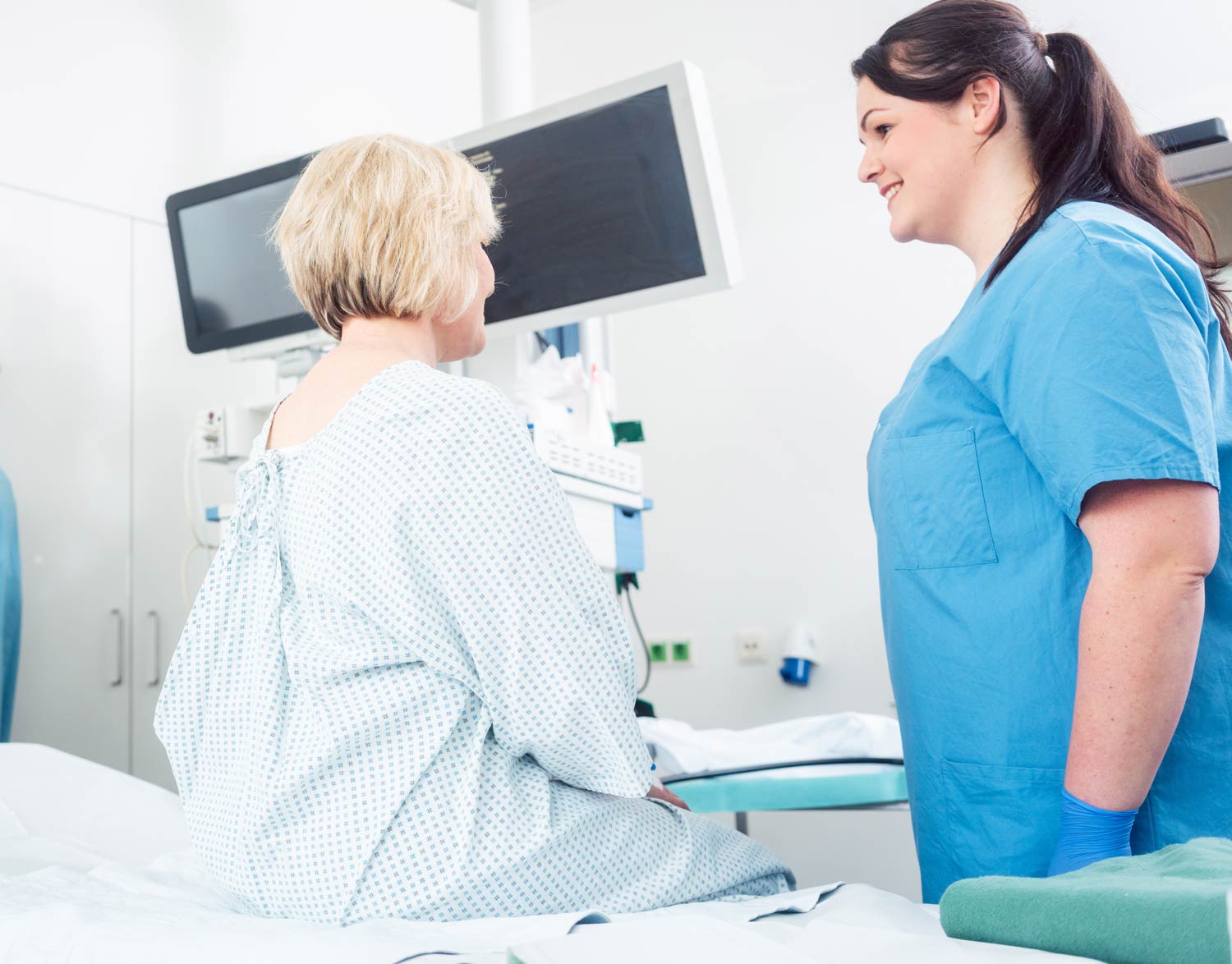Colonoscopy
A colonoscopy is a safe, minimally invasive procedure that allows doctors to closely examine the lining of your colon. It is the most effective tool for detecting and preventing colorectal cancer, while also helping to diagnose or treat other digestive issues.


What to expect during a colonoscopy
While the thought of a colonoscopy might seem daunting, the procedure itself is generally well-tolerated and minimally invasive. Here's a breakdown of what to expect:
- Preparation: The day before, you’ll follow dietary restrictions and take a prescribed laxative solution to cleanse your colon for clear visualization.
- The Procedure: On the day of the exam, you’ll receive mild sedation to keep you relaxed. A thin, flexible tube with a camera (colonoscope) is gently inserted through the rectum into the colon, allowing the doctor to examine the lining. If polyps are found, they can be removed during the procedure, and tissue samples can be collected if needed.
- Recovery: Afterward, you’ll be monitored briefly until the sedation wears off. Some mild cramping or bloating is normal and usually resolves quickly.
What is colonoscopy used for?
- Colorectal Cancer Screening: Colonoscopy allows doctors to detect and remove precancerous polyps (abnormal growths on the colon lining) before they become cancerous, greatly reducing your risk of colorectal cancer.
- Early Detection: If cancer is found, catching it early means more effective treatment and better outcomes.
- Diagnosis of Digestive Symptoms: Colonoscopy can identify causes of abdominal pain, rectal bleeding, chronic diarrhea or constipation, and inflammatory bowel disease.
- Treatment in One Procedure: In many cases, polyps can be removed during the colonoscopy itself, preventing the development of cancer. Other conditions, such as bleeding or small tumors, can also be treated during the procedure.
Peace of Mind
Regular screenings—typically starting at age 45, or earlier for those with higher risk—provide reassurance and help protect long-term health. Colonoscopies are highly effective in detecting colon cancer at its earliest stages, often when it's still treatable with a high success rate. Though preparation takes some effort, the benefits of early detection and prevention make colonoscopy a potentially lifesaving procedure.
Next Steps
If you’re 45 or older or experiencing unexplained abdominal symptoms, talk to your primary care provider about scheduling a colonoscopy.

